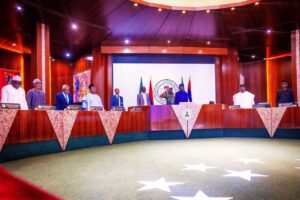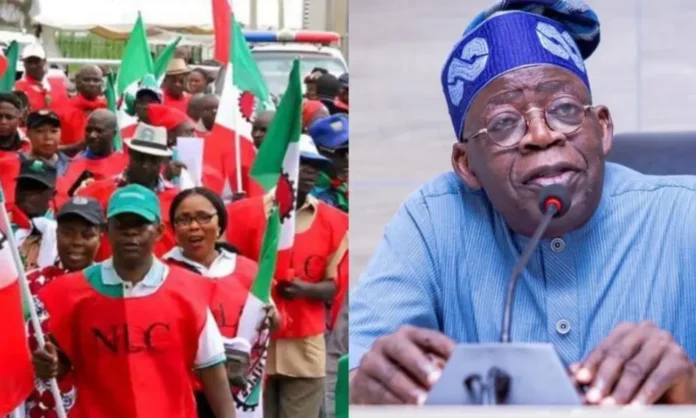In a recent development, the Federal Executive Council (FEC) has decided to step down the memorandum on the report of the Tripartite Committee on the New National Minimum Wage for further consultation.
This decision was made during the FEC meeting, which was presided over by President Bola Tinubu and announced by Minister of Information and National Orientation, Mohammed Idris.
The council recognized that the issue of the national minimum wage is not solely the concern of the federal government but also involves other stakeholders such as state and federal governments, as well as the organized private sector.
As a result, the president needs to engage in wider consultations with these entities to consider their contributions and circumstances before presenting an executive bill on the matter to the National Assembly for approval.

The decision to consult further reflects the president’s commitment to ensuring an informed and inclusive approach to the new national minimum wage.
It emphasizes the need to take into account the perspectives and interests of all relevant parties, including state governors, the organized private sector, and organized labor.
It should be noted that during the Tripartite Committee meeting, the government team and the organized private sector proposed an increase to N62,000 from the current N30,000, while the Nigeria Labour Congress (NLC) and the Trade Union Congress (TUC) demanded a living wage of N250,000.
In light of the stalemate at the end of the Tripartite Committee meeting, President Tinubu’s decision to consult with the relevant stakeholders is seen as a necessary step towards reaching a harmonized figure that takes into consideration the concerns and perspectives of all parties involved.
The president’s commitment to wider consultations demonstrates his dedication to finding a fair and balanced solution to the issue of the new national minimum wage.
This approach aims to ensure that the final decision reflects the diverse interests and realities of both the public and private sectors, as well as the Nigerian workforce as a whole.




